About
About the NCTR
The National Centre for Truth and Reconciliation (NCTR) is a place of learning and dialogue where the truths of Residential School Survivors, families and communities are honoured and kept safe for future generations.
The NCTR educates Canadians on the profound injustices inflicted on First Nations, Inuit and the Métis Nation by the forced removal of children to attend residential schools and the widespread abuse suffered in those schools.
We preserve the record of these human rights abuses, and promote continued research and learning on the legacy of residential schools. Our goal is to honour Survivors and to foster reconciliation and healing on the foundation of truth telling.
The NCTR was gifted the spirit name bezhig miigwan which, in Anishinaabemowin, the language of the Anishinaabe people, means “one feather.” The name’s a reminder that every Survivor needs to be shown the same respect and attention that an eagle feather deserves. The name also teaches us that we are vital to the work of reconciliation.
The NCTR is located on original lands of Anishinaabeg, Ininiwak, Anisininewuk, Dakota Oyate and Dene, the homeland of the Red River Métis, and home to many Inuit.
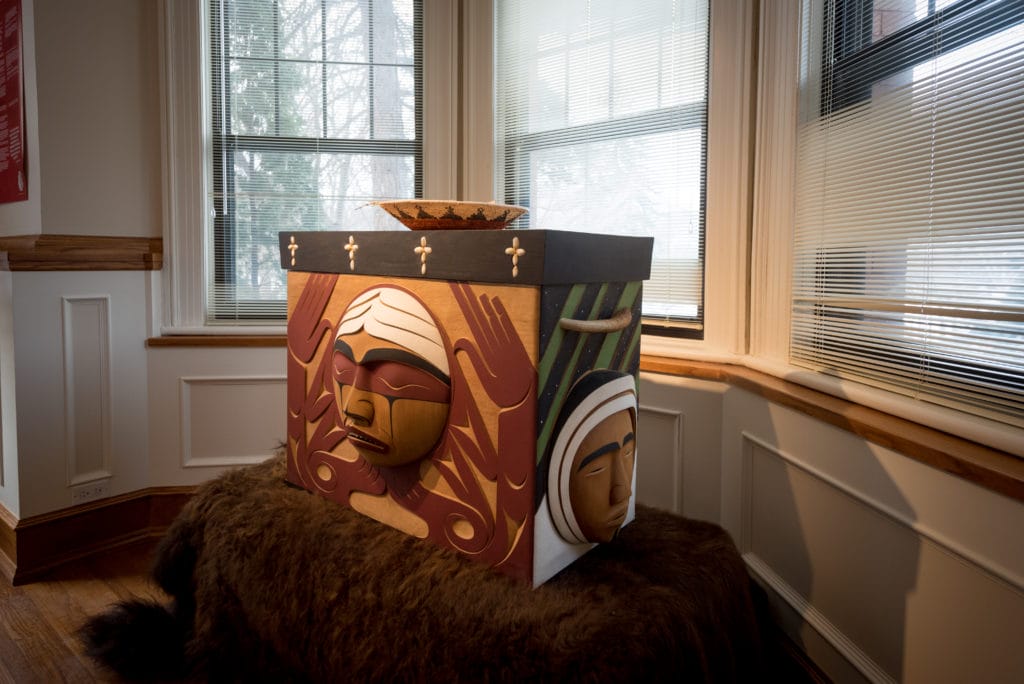
The Work of the NCTR
The National Centre for Truth and Reconciliation continues the work started by the Truth and Reconciliation Commission of Canada (TRC).
The TRC was established as part of a legal settlement, the Indian Residential Schools Settlement Agreement, between Survivors, the Government of Canada, the Assembly of First Nations and Inuit representatives, and the church bodies that had run residential schools. As part of that Agreement, the TRC was mandated to inform all Canadians about the residential school system and its legacy.
The NCTR was created through an agreement between the TRC and the University of Manitoba shortly before the conclusion of the TRC’s mandate. The Survivors’ statements, documents, and other materials collected through the TRC now form the heart of the NCTR. Five of the TRC’s Calls to Action (Calls to Action 65, 71, 72, 77 and 78) refer to the NCTR and its role as steward of these truths.
It is our responsibility to share these truths in a respectful way and work with Indigenous and non-Indigenous educators, researchers, communities, decision-makers and the general public to support the ongoing work of truth, reconciliation and healing across Canada and beyond.
The History of the National Centre for Truth and Reconciliation (NCTR)
For over 150 years, the Canadian government and churches operated residential schools, forcibly removing over 150,000 Indigenous children from their families. These underfunded and overcrowded institutions aimed to assimilate Indigenous children, resulting in widespread physical, sexual, and emotional abuse. The trauma inflicted by these schools continues to impact Indigenous communities today.
In 2009, the Truth and Reconciliation Commission of Canada (TRC) was established as part of a legal settlement, the Indian Residential Schools Settlement Agreement, between Survivors, the Government of Canada, the Assembly of First Nations and Inuit representatives, and the church bodies that ran residential schools. The TRC heard testimonies from Survivors, their families, communities, and others affected by the residential school system, and issued 94 Calls to Action.
The National Centre for Truth and Reconciliation (NCTR) was created to preserve and share the TRC’s findings. Guided by five key Calls to Action, the NCTR works with Indigenous and non-Indigenous partners to educate the public about the residential school system and support ongoing efforts towards truth, reconciliation, and healing.
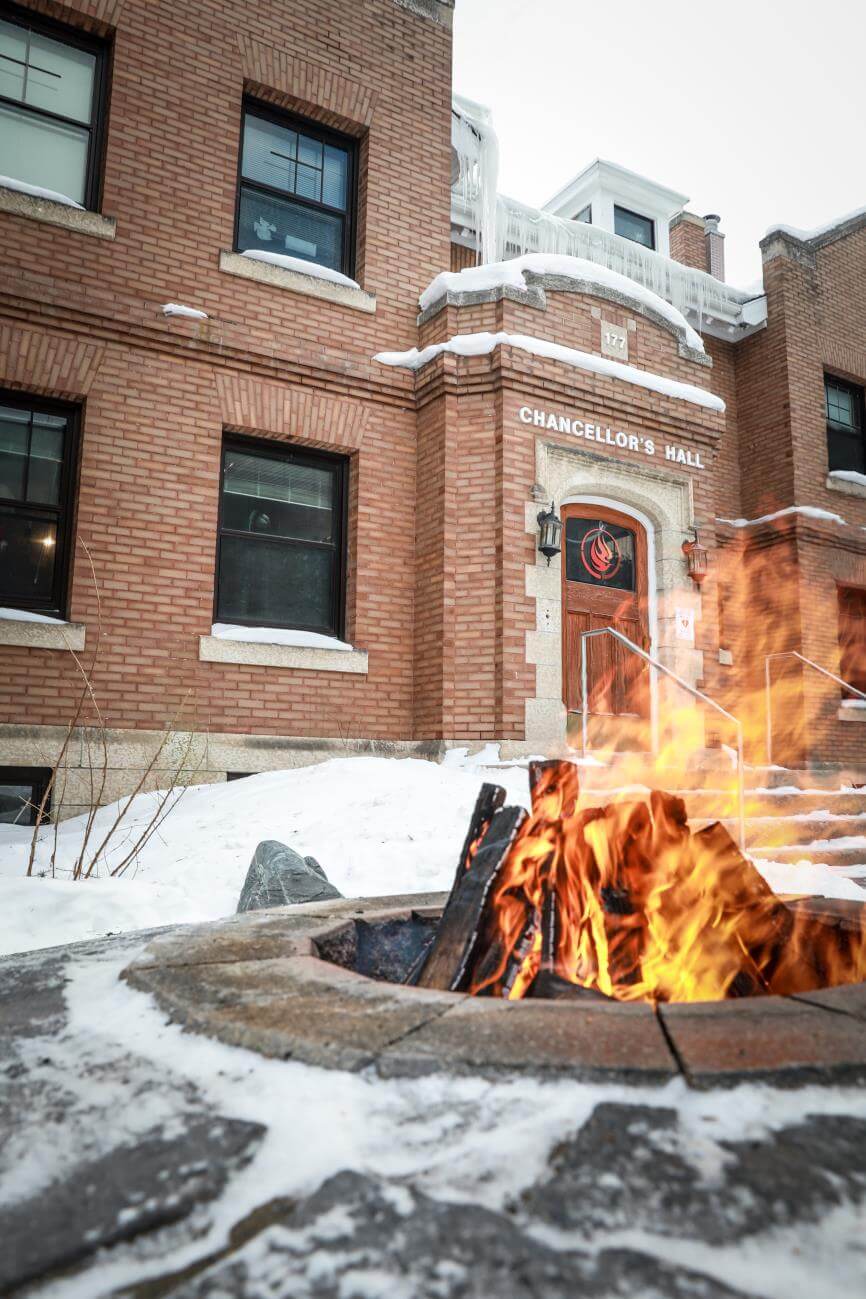
What We Do
The National Centre for Truth and Reconciliation (NCTR) is the permanent, safe home for all statements, documents, and other materials and sacred items gathered by the TRC. We also work with our network of partners and supporters to continue to expand this collection and promote ongoing research and learning.
By incorporating Indigenous perspectives, values, laws and protocols, we are creating something new — we are working on decolonizing the archives, to be built on the principles of respect, honesty, wisdom, courage, humility, love and truth.
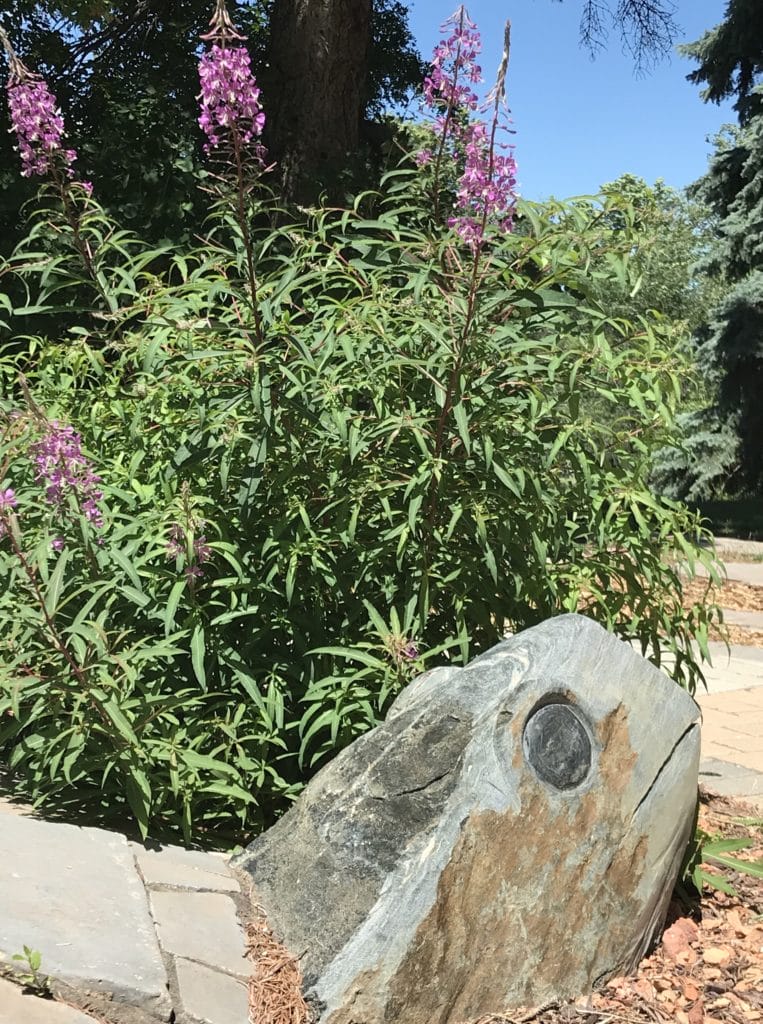
NCTR Logo
Learn about the NCTR logo design and its enduring message for truth and reconciliation across Canada
Our Mandate
The NCTR mandate ensures we preserve the memory of Canada’s residential school system and its legacy for all time
University of Manitoba
The University of Manitoba is the proud host of the National Centre for Truth and Reconciliation
Our Partners
You can become part of our broad network of reconciliation partners at universities, colleges, museums and other organizations across the country
NCTR Governance
Learn about our guiding Governing Circle and Survivors Circle and access our governance reports including annual reports, meeting minutes and more
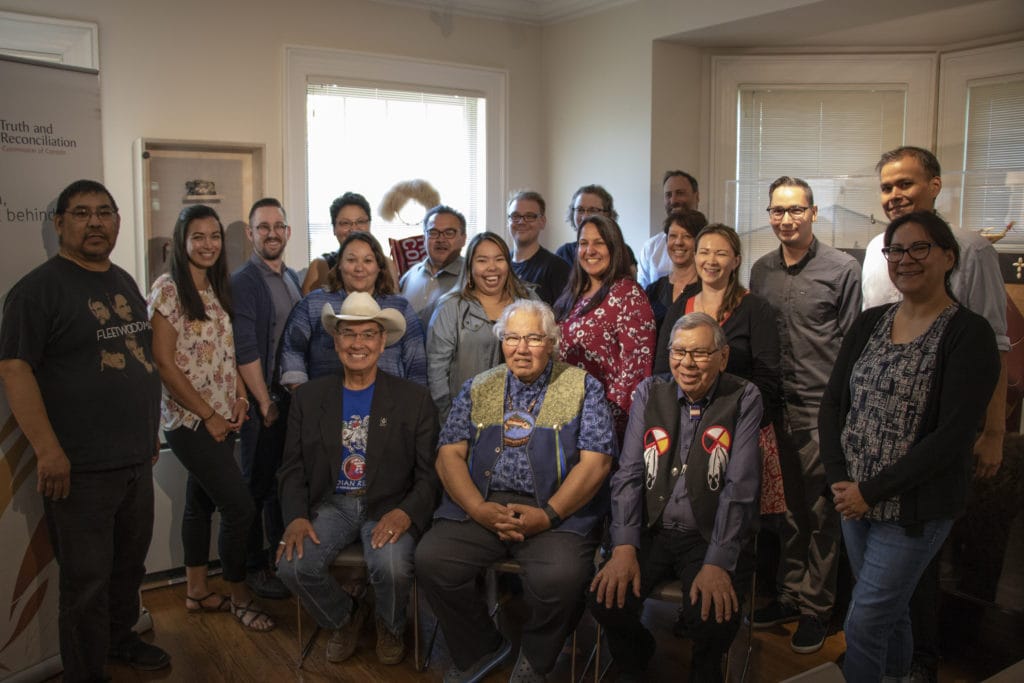
Who We Are
Get to know the people at the National Centre for Truth and Reconciliation (NCTR). Meet our staff and the members of our guiding structures, the Governing and Survivors Circles.
Hear from our leadership. Read the messages from the NCTR Director, President and Commissioners.
The History of the Truth and Reconciliation Commission (TRC)
The Truth and Reconciliation Commission of Canada (TRC) was created through a legal settlement between Residential Schools Survivors, the Assembly of First Nations, Inuit representatives and the parties responsible for creation and operation of the schools: the federal government and the church bodies.
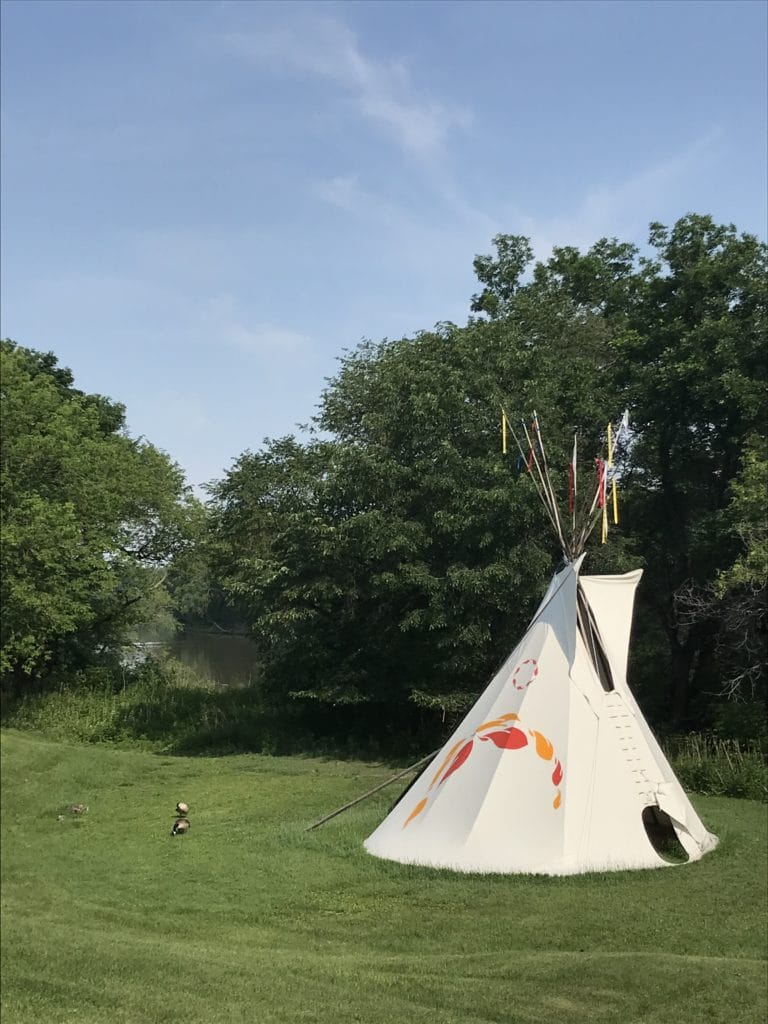
NCTR’s spirit name – bezhig miigwan, meaning “one feather”.
Bezhig miigwan calls upon us to see each Survivor coming to the NCTR as a single eagle feather and to show those Survivors the same respect and attention an eagle feather deserves. It also teaches we are all in this together — we are all one, connected, and it is vital to work together to achieve reconciliation.
